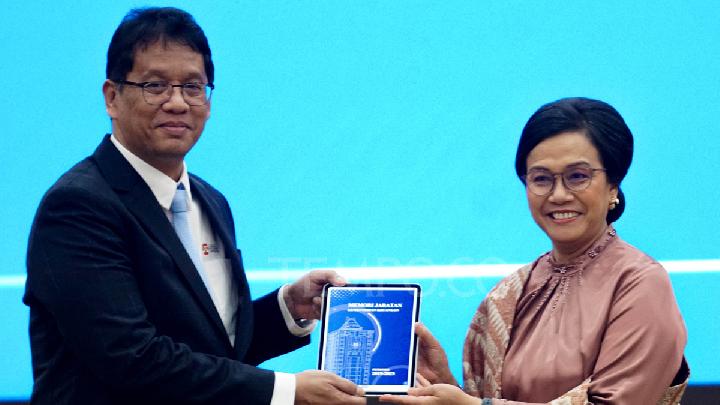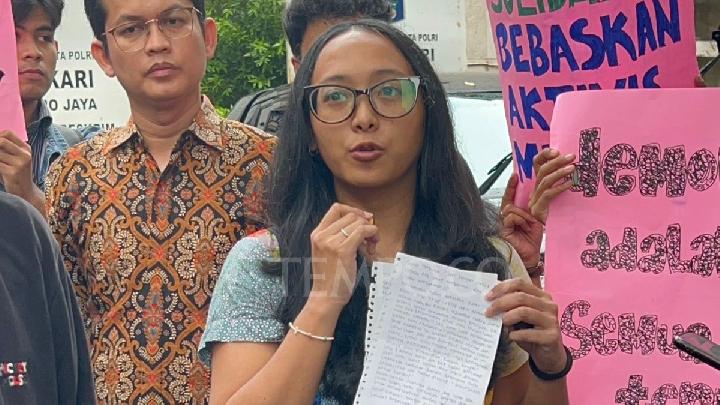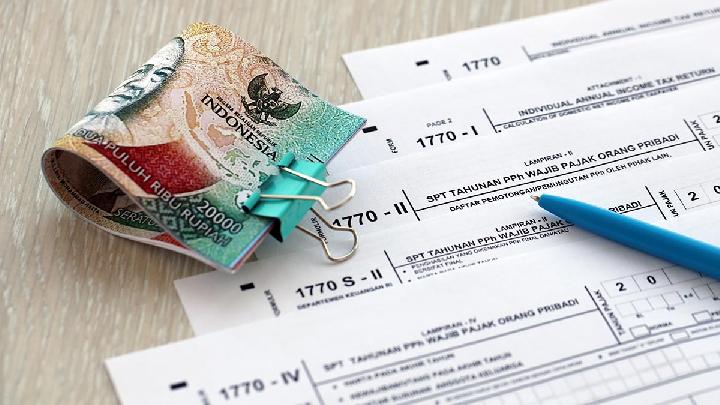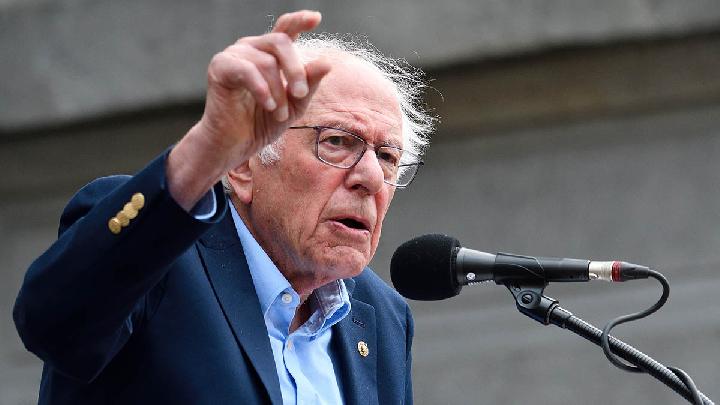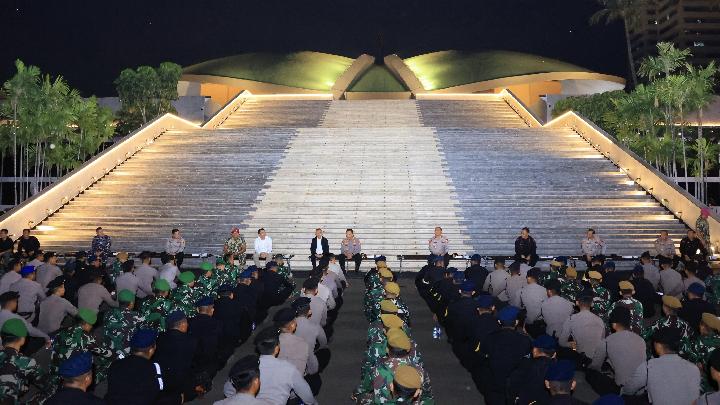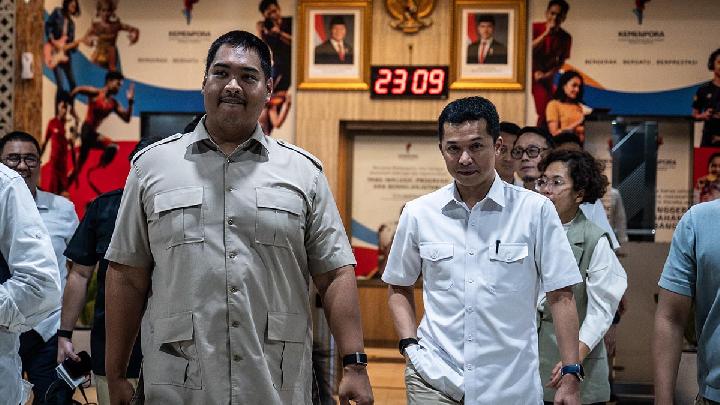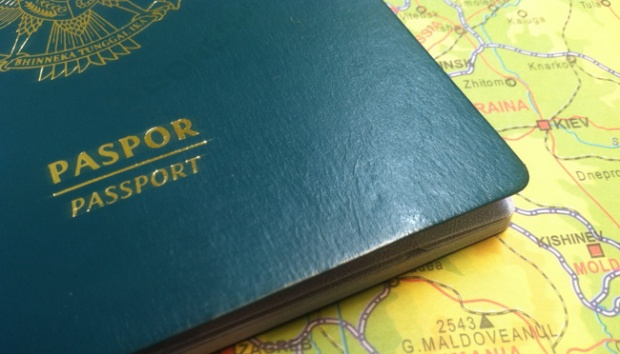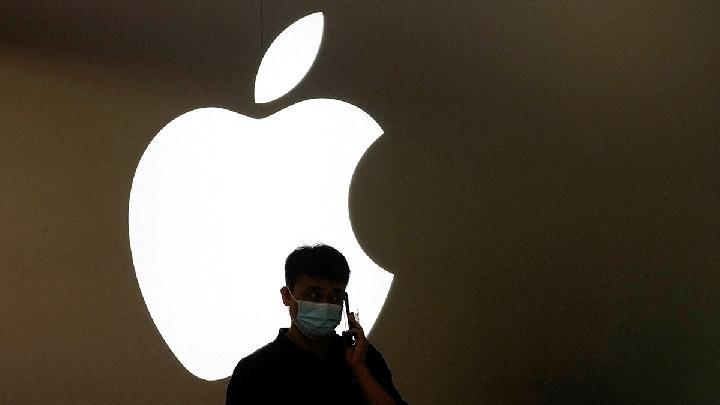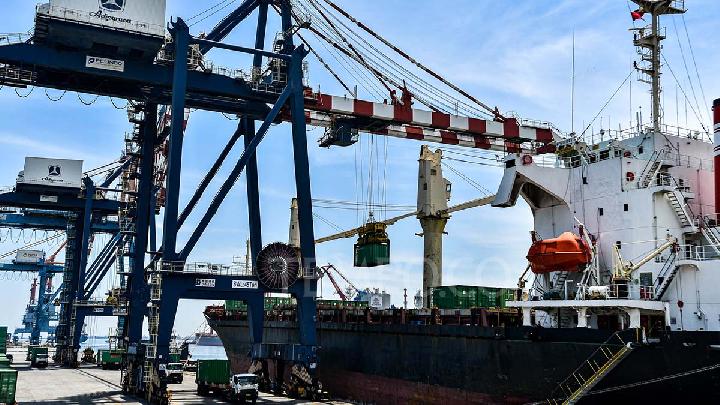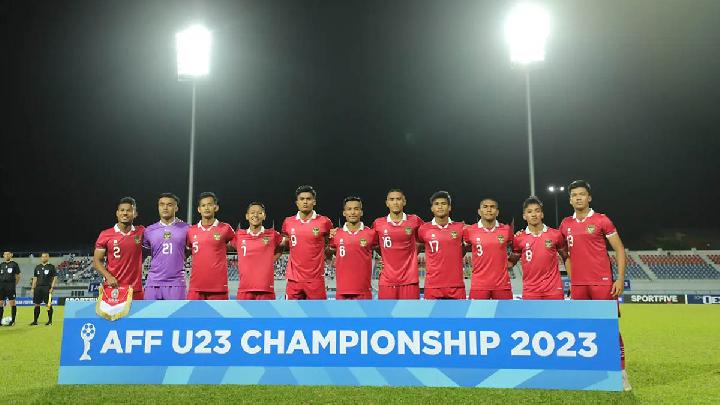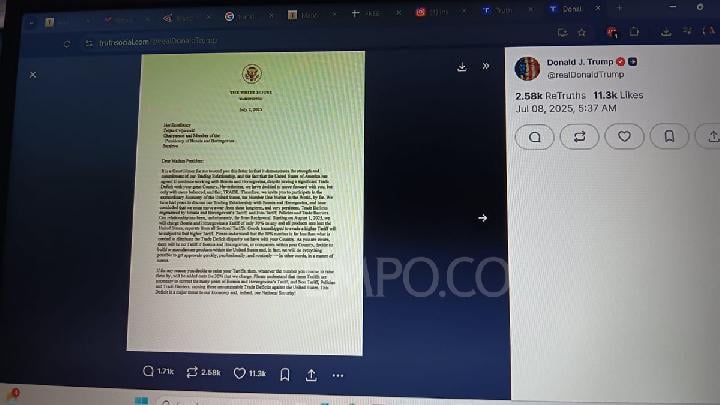
TEMPO.CO, Jakarta - Suroto, Chairperson of the Association of Strategic Socio-Economic Cadres (AKSES), criticized the 19 percent reciprocal tariff imposed by the United States on Indonesian exports. He argued that the agreement does little to strengthen Indonesia’s economic position.
According to Suroto, the terms highlight Indonesia’s limited bargaining capacity in international trade.
"Instead of strengthening the national economic position, this agreement implies the weakness of our bargaining power and a crisis in our trade strategy direction," he said in a written statement on Thursday, July 17, 2025.
Under the deal, Indonesian products entering the U.S. market are subject to a 19 percent tariff. Meanwhile, American goods are allowed into Indonesia without tariffs. The agreement also requires Indonesia to purchase several key U.S. commodities, including energy and agricultural goods.
Suroto warned that such terms could result in a trade imbalance and widen the balance of payments deficit. He added that structurally, the deal increases reliance on imported goods, undermines the domestic economy, and threatens the survival of local industries.
"In the medium to long term, the logical consequences would be increased unemployment, currency devaluation, and national resilience vulnerability," he stated.
Food is one of the most imported commodity categories. Suroto stressed that depending heavily on food imports means placing people’s basic needs at the mercy of global price fluctuations.
"Even a slight upheaval could cause prices to soar, people’s purchasing power to decline, and the country to lose control over its most basic need, which is food," he added.
He also described the agreement as an example of unequal power dynamics. Indonesia, he said, lacks a strong industrial base and remains heavily dependent on the primary sector, making it vulnerable to one-sided trade arrangements.
Rather than supporting mutual economic development, Suroto sees the deal as turning Indonesia into a passive consumer of surplus goods from industrialized nations. In contrast, the United States, with its strong industrial sector, stands to benefit significantly.
"Indonesia’s economy is still fragile and could be overwhelmed. Our domestic industry, especially small-scale agriculture, lacks the protection and resources needed to compete with imported products," he said.
Earlier, U.S. President Donald Trump announced the reduction of the reciprocal tariff rate on Indonesian exports from 32 percent to 19 percent.
However, the revised agreement also introduces new provisions. American products entering the Indonesian market will not face any tariff or non-tariff barriers.
"Indonesia will pay the United States a 19 percent tariff on all their exports to us, while U.S. exports to Indonesia will be exempt from tariffs and non-tariff barriers," Trump wrote on Truth Social via his @realDonaldTrump account on Tuesday, July 16, 2025.
He called the deal historic, saying it resulted from direct talks with President Prabowo Subianto. Trump claimed that for the first time, the United States has full access to the Indonesian market.
As part of the agreement, Indonesia has pledged to purchase a range of U.S. products.
"Indonesia has committed to buying US$15 billion worth of energy from the United States, US$4.5 billion worth of agricultural products, and 50 Boeing planes, many of which are of the 777 type," Trump said.
He emphasized that this agreement opens major opportunities for American farmers, ranchers, and fishers to enter Indonesia’s market, which has a population of more than 280 million people.
Trump also stated that if goods are re-exported from countries with higher tariffs, those tariffs would be added to Indonesia’s as part of the enforcement mechanism.
Rafiif Nur Tahta Bagaskara contributed to the writing of this article.
Editor's Choice: Indonesia to Import US Wheat and Corn as Trade Tariff Deal
Click here to get the latest news updates from Tempo on Google News
Indonesia Trade Minister Upbeat Trump Tariffs Will Boost Investment
9 jam lalu
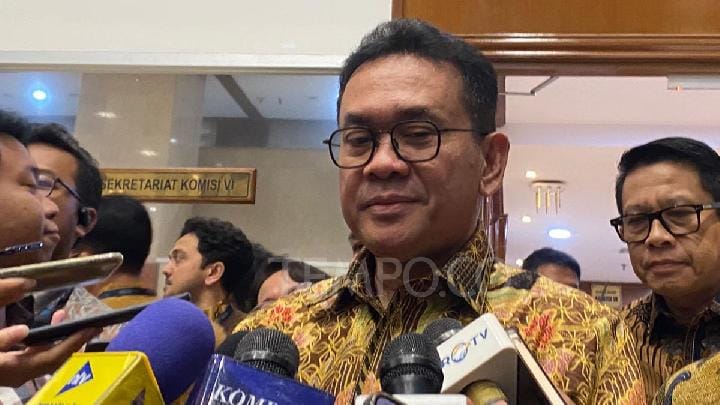
Indonesian Trade Minister believes that Trump's reciprocal tariff cut has the potential to attract significant investment to the country.
Today's Top 3 News: Trump Announces Indonesia to Import U.S. Agricultural Products; Observers Issue Warning
14 jam lalu
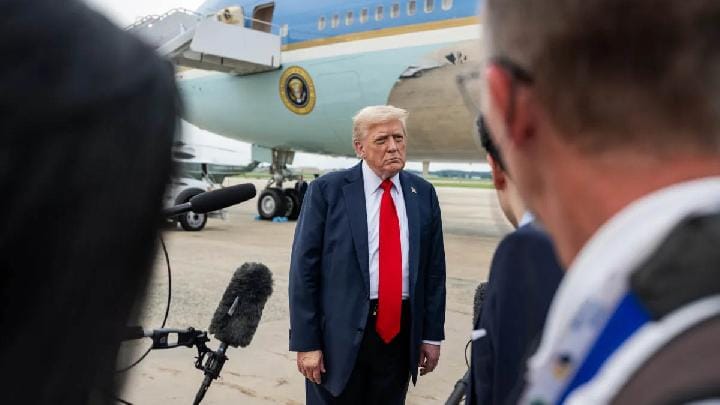
Here is the list of the top 3 news on Tempo English today.
Trump Lauds Prabowo After Tariff Talks: "Popular, Strong, and Smart"
14 jam lalu

U.S. President Donald Trump has officially reduced import tariffs on Indonesian products to 19 percent, down from the previous 32 percent.
Indonesia to Import US Wheat and Corn as Trade Tariff Deal
15 jam lalu
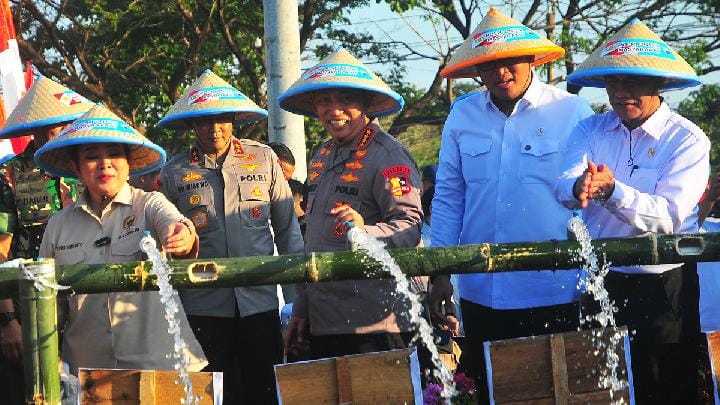
Agriculture Minister Amran Sulaiman declares Indonesia's plan to import wheat and corn from the U.S. following a reciprocal trade tariff deal.
PGN Prioritizes Use of Domestically Produced Gas
18 jam lalu
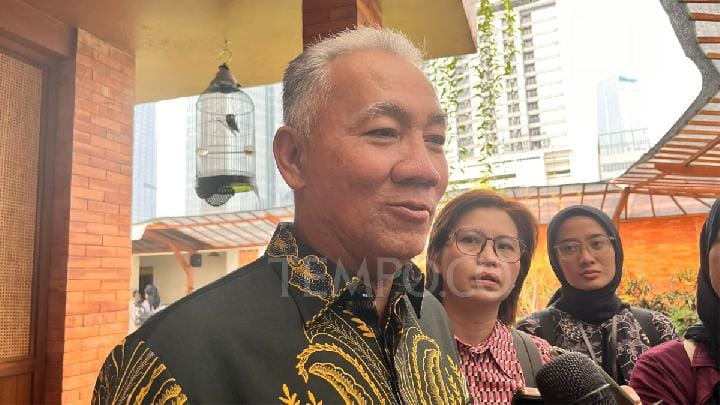
The President Director of Perusahaan Gas Negara (PGN), Arief Setiawan Handoko, stated that the import of liquefied natural gas (LNG) is not urgent.
DEN Outlines Impact of Trump's Tariff Reductions on Indonesian Economy
19 jam lalu

DEN Chairperson Luhut Pandjaitan responded to U.S. President Donald Trump's decision to reduce import tariffs to 19 percent.
Inalum Eyes Domestic Market as Trump Imposes 50% Tariff on Aluminium
22 jam lalu

PT Inalum urges Indonesia to have an aluminium industry from upstream to downstream to boost domestic demand.
Trump Announces Indonesia to Import U.S. Agricultural Products; Observers Issue Warning
1 hari lalu
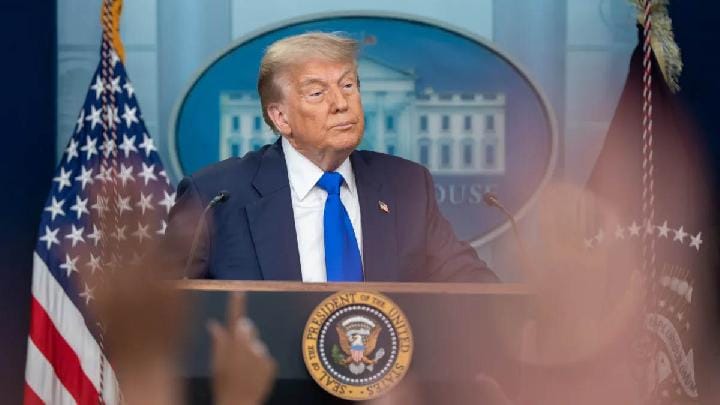
Agricultural observer Syaiful Bahari has responded to the U.S.'s new 19 percent reciprocal tariff on Indonesian products.
Trade Minister Expects Export Surge as Indonesia Secures Lower U.S. Import Tariff
1 hari lalu

Trade Minister Budi Santoso anticipated that these lower import tariffs would encourage greater investment in Indonesia.
Trump Says Patriot Missiles for Ukraine en Route from Germany
1 hari lalu
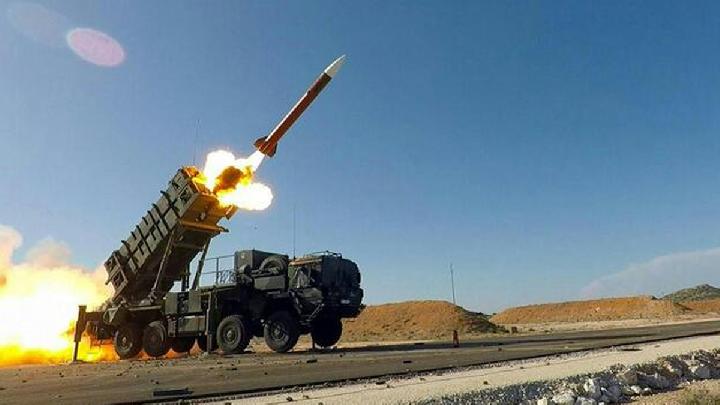
President Trump stated that Patriot missiles for Ukraine have already been sent from Germany and fully funded by European countries through NATO.

